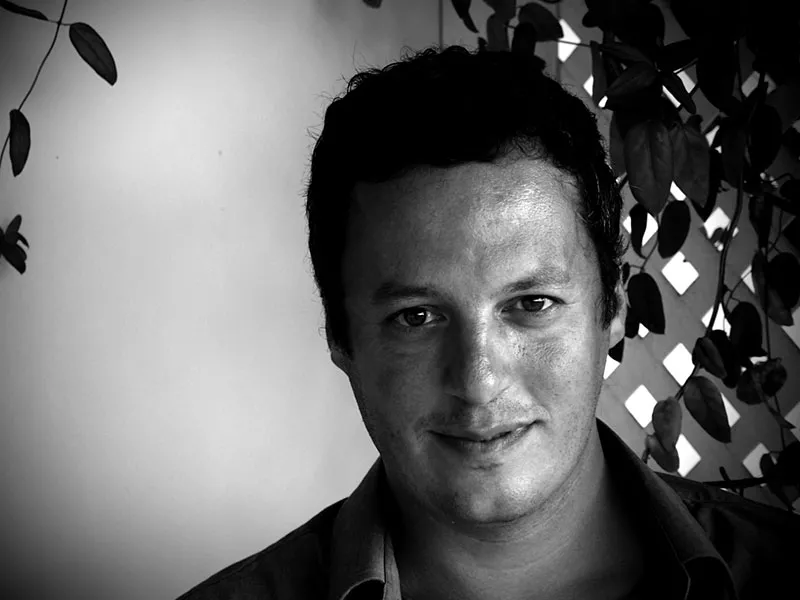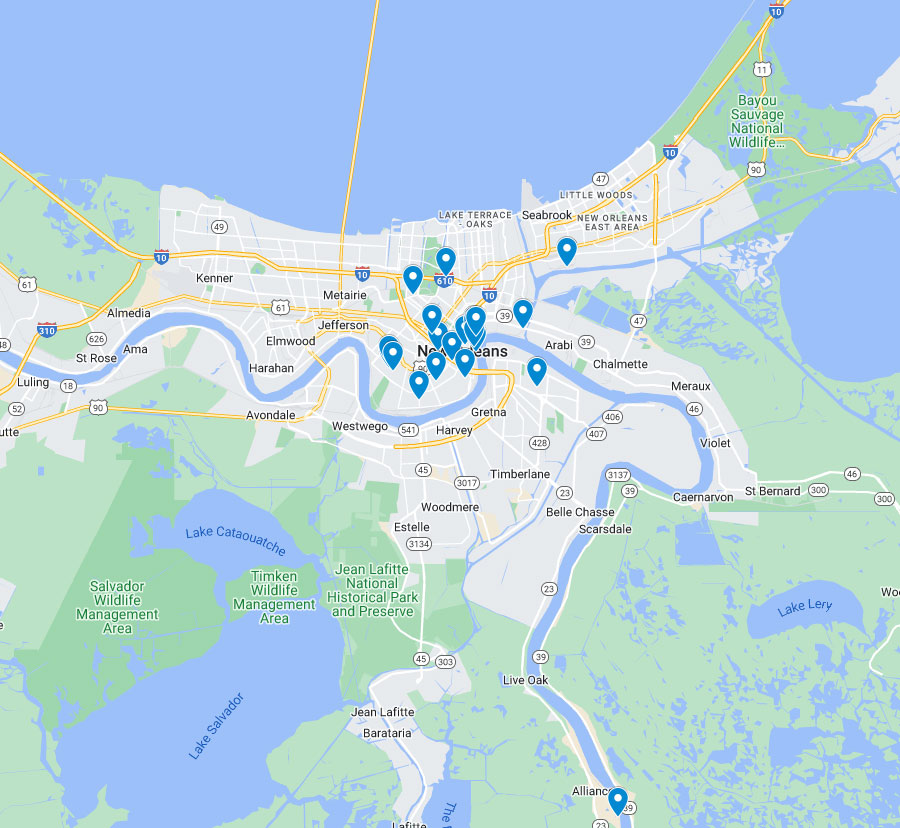
Biography
Joshua Jelly-Schapiro is the author of "Island People: The Caribbean and the World" and the co-editor, with Rebecca Solnit, of "Nonstop Metropolis: A New York City Atlas". He earned his PhD in geography at UC-Berkeley and his work has appeared in The New Yorker, The New York Review of Books, Harper's Magazine, Artforum, and The Nation, among many other publications. He lives in New York.
Research
“It’s not an easy thing to describe one's first impression of New Orleans,” wrote Lafcadio Hearn in his famed 1877 essay, “At The Gate of the Tropics”. “For while it actually resembles no other city upon the face of the earth, it recalls vague memories of a hundred other cities. It owns suggestions of towns in Italy, and in Spain, cities in England and in Germany, of seaports in the Mediterranean, and of seaports in the tropics.” In the century-plus since Hearn wandered the levee, marveling at piles of citrus and bananas unloaded from West Indian ships, New Orleans has changed a great deal (and much of the Port of New Orleans has moved upriver). But the city has never lost its crucial identity as a great port—as a place whose native culture is based in absorbing the lifeways of foreign lands, and making them its own; and as an American city whose unique identity has been shaped, since even before Jelly Roll Morton spoke of jazz music’s “Spanish tinge,” by the cultures of Latin America and the Caribbean.
From the time of its founding to now, New Orleans’s links with the lands and peoples to its south have been made by many means. But in the twentieth century, few substances played such a key role in their forging as one potent fruit: the banana. As the longtime base-of-operations for Cozumel Fruit, Standard Fruit, and the huge conglomerate—the United Fruit Company—known across Latin America as “the octopus,” New Orleans played a central role in making bananas the first tropical foodstuff to become a part of all Americans’ daily lives. From the late 1800s until the 1960s (when Standard Fruit moved to Gulfport) a huge portion of the bananas imported to United States came ashore here: a place whose grassroots culture and bedrock institutions alike—from Louis Prima’s “Yes, We Have No Bananas,” to Brennan’s “Bananas Foster” and Tulane’s School of Tropical Medicine (founded with money from United Fruit)—have been crucially shaped by bananas.
This project will use the political economic history of the banana trade to map New Orleans’s historic relationship with the nations of the Caribbean Basin—and to explore how those nation’s peoples, whether Haitian refugees or Honduran workers ferrying between New Orleans’ docks and United Fruit’s plantations in their homeland, have shaped the singular culture of America’s great “Gate of the Tropics.”


